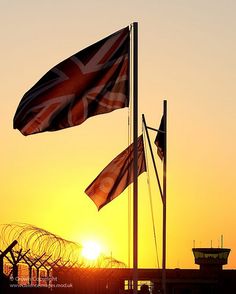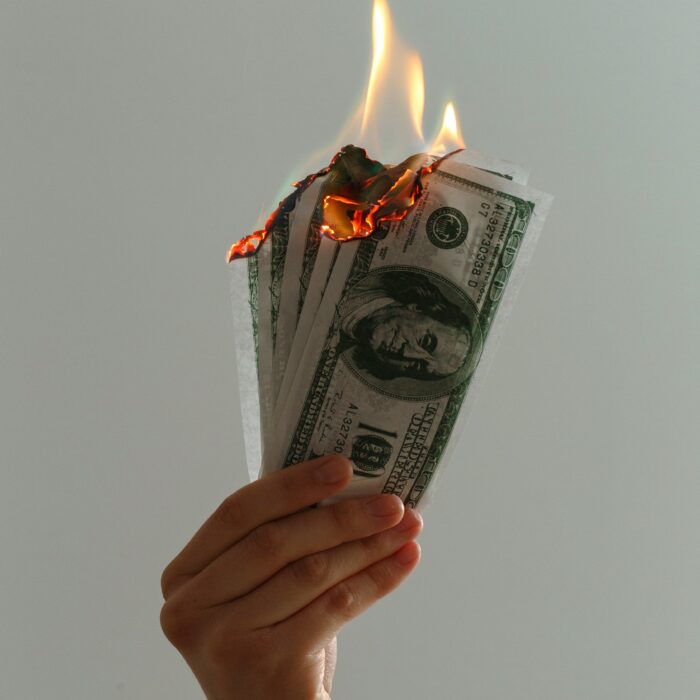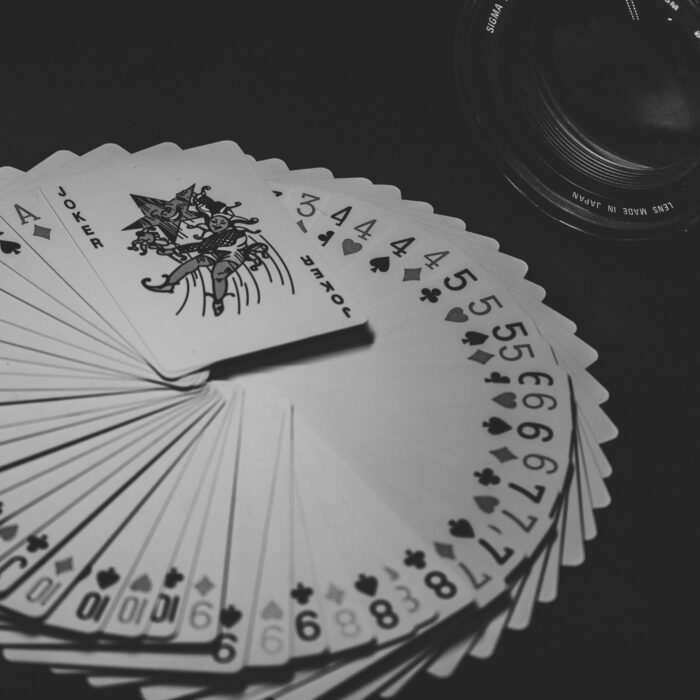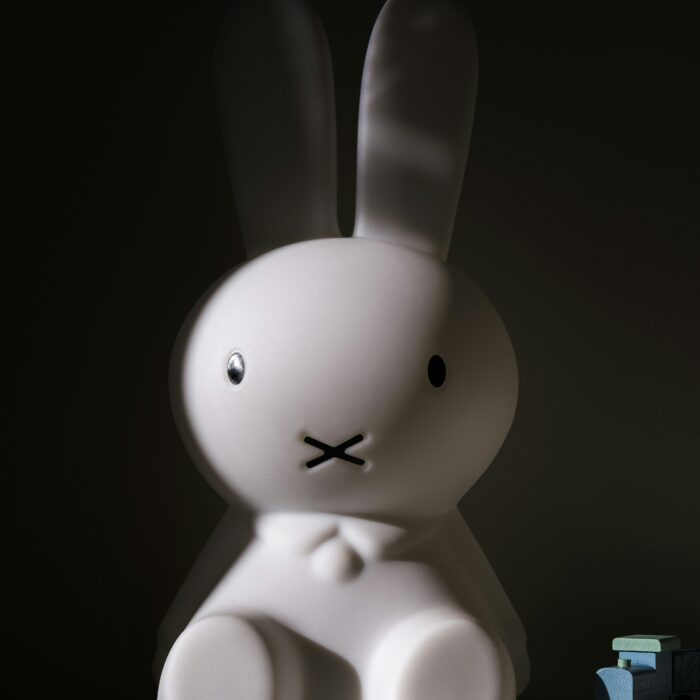You have no items in your cart. Want to get some nice things?
Go shopping
Aylan’s talent was juggling. You had to have a talent to get through the third stage. A story will do in the first and second rounds. But if you come with a story and nothing else in the third, you’re screwed. At least, that’s what Chelsea had said. Screwed. He’d repeated the word in his head, imagining himself being spun around and drilled into a hole, fixed in place when he wanted to be free.
Chelsea was his handler. She’d been assigned to him after the first round. “Congratulations on making it through,” she’d said when they met. “But Aylan, now you’re going to need a talent.”
So he’d suggested juggling, and she’d nodded, said that could work. “You don’t sing, though, do you?” Aylan had said no, but she’d pressed him. He’d given her a halting rendition of Bruce Springsteen’s Dancing in the Dark, right there in the visiting room.
“Juggling it is then,” she’d said. “But whatever it is you’re throwing up in the air, it better be on fire.”
He burned himself a lot, developing deep red welts on his palms from where he’d caught the wrong ends of the torches. He’d had to keep going though, bandages or no. He had only three weeks to get his act right. “Don’t worry about the scars,” Chelsea had said. “It can only help. We’ll say you were given lashes.”
Chelsea seemed a lot younger than Aylan, even though he was only twenty-three. She used to work in PR, she told him – public relations, she’d said slowly, even though he knew what the abbreviation meant. “Your English is good,” she’d said. “Careful not to make it too good.”
So he’d had to learn to drop a few pronouns and prepositions here and there, to place his verbs where they had no business being. It wounded his pride, but Chelsea said it made him more endearing.
There were twenty other contestants left in his section, and only one place up for grabs. He’d see them sometimes, on his walks around the camp. There was little Ronida, small and alone; Mahmoud, who looked as if he were in a boyband and could sing like it too; and Agid and his mother Sherin –counting as one because of the old woman’s age. “They’ll be first out at the next round,” Chelsea had told him – Agid was mute and Sherin was increasingly infirm. “You’re young and strong,” Chelsea had said. “They need people like you. Pity won’t cut it anymore.”
On the night of the contest, they were bussed out of the compound and up to the arena. Passing through the razor-wire fence, past the sentry towers, between the bulkhead gates and concrete walls, it didn’t feel like freedom. There were soldiers on the bus, armed men on motorbikes flanking them either side. “Some people don’t like what we’re doing for you,” Chelsea had said. “It’s for your own safety.” But he’d seen the banners last time, in the distance: FREE THE REFUGEES.
It didn’t sound as if they wanted to hurt him.
He was third on, after Mahmoud, who had given a rendition of Leonard Cohen’s Hallelujah in Arabic that had reduced the blonde-woman judge to tears.
Aylan walked on stage with his head down, blinking as he always did in the burning glow of the lights. He stepped onto the small X placed before the microphone. Behind him, spelled out in big neon bulbs, was the programme’s title: MAKE ME BRITISH.
“So, Aylan – second-to-last round, only two of you go through today. How does it feel?” The main judge sat in the centre of the panel in a throne-like chair. He was dressed casually, in a white long-sleeved t-shirt, his microphone clipped to his neck line. He had spiked-up black hair and a square jaw, and he looked down – at all times and at everybody – from his commanding height. Behind him, in the darkness, Aylan could see rippling movements and the flashing of cameras – the audience. Ten thousand people, he’d been told. Watching him. Deciding whether he was worthy of rescue.
“You must be nervous, Aylan,” the grey-haired judge said. “This is such a big opportunity for you.”
“Why don’t you tell us why you’re here, Aylan,” The blonde-woman judge said. “Remind us all why you’ve come this far.”
Aylan swallowed, his mouth suddenly dry. He’d been on this stage before – for the rehearsals, for the competition shows and the results shows, but that didn’t make it any easier. A volley of camera flashes erupted, and he almost forgot his lines.
“My name Aylan,” he said, remembering to drop the verb. “I come Kurdistan region of Iraq. I love Britain.”
A cheer rippled through the audience, but the head judge put his hand up for silence. “We all love Britain,” he said. Aylan nodded. It was a cheap ploy, but Chelsea had told him it would help. It didn’t matter what the judges said, this round was weighted two-thirds to the phone-in vote. It might even play in his favour if one of the judges was against him. “The Brits love an underdog,” she had said.
But every time he told his story like this, it seemed to cheapen his entire life, to make it an act – to take away from its reality. He stood in front of those thousands of people, the three judges, the howitzer-sized cameras, and he told them how he had fled from Kurdistan when the Islamists took over, how his family were stuck there, how he was all alone and how he missed them. “Don’t tell them you want to bring the family with you,” Chelsea had said, shaking her head. “That’s a red light, right there.”
She’d told him to be emotional, to make himself cry, to talk about his home and his sisters, about the suffering he’d endured. “You’re not gay, are you?” she had said. She’d been disappointed by his answer. “Not even a bit?”
“Thank you, Aylan,” the head judge said when he had finished his story, though they’d heard it all before. “Do you have anything else for us?”
And so he juggled, right after telling them about the shelling and the executions, and his desperate flight from home. Right after telling them how much he missed his mother, his father, his sisters – how he had no idea if they were safe, no idea if he’d ever speak to them again. Right after that, he juggled flaming torches – and the audience oooohed, and the audience aaaahed. And Aylan didn’t make a single error. They clapped, he bowed, and the performance was over.
They bussed them all back to the camp, and he was back in the dormitory with around a hundred other men, the stench of sweat thick in the air. He clambered up to his middle bunk, lay down and closed his eyes. It didn’t look good – with only two places Ronida and Mahmoud were dead certs. Still, the phone votes were unpredictable. He had to hope.
A week later they called them all back out to the arena. They ranged them out on the stage while a jumbo screen played out short films of their individual “stories”. There was a clip of people arriving in a dinghy on the coast of Italy, clambering onto the rocks and slipping into the dragging tide, praying and crying and crawling onto solid ground. There were shots of refugees lining up at the gates of the Great Southern Wall, entrance to northern Europe, flanked by beefy Hungarian soldiers in body armour and rows of armoured personnel carriers. There was black-and-white footage of Aylan from the first round, nervously stepping onto the stage, close-ups of his incipient tears, reaction shots of audience members wiping their eyes, the moment when he was told he was through and the blonde-woman judge raced on stage and embraced him – all set to a pop-song soundtrack of uplifting major chords and predictable key changes.
The presenter, a smart-suited man only a little older than Aylan, came out to give them the verdict. “I’m going to read out the results in reverse order,” he said, and he proceeded to take the contestants out like an executioner.
“Mohad, you’re not in the final two,” he said, and Mohad collapsed onto his haunches, head in his hands. “Shookrullah, you’re also not in the final two,” and Shookrullah turned around, a smaller camera behind him catching his agonised expression and blowing it up on the big screen. Yacoub went, then Fadi, then Agid and Sherin were ushered off stage because of the old woman’s awful wailing. Then one by one the rest were picked off, each announcement like a gunshot, flooring them. The rejects were led away, and there were three of them left: Ronida, Mahmoud, and Aylan.
“We all OK?” the presenter said, looking down the line. “I know this is tough for you guys, but we’ll be revealing the final two – right after this break.”
The red lights blinked off on the cameras, and the presenter walked off stage, where he was handed a glass of water and started gesticulating at a young woman with a headset on. The judges talked among themselves while a make-up artist touched up the blonde-woman judge’s face. Aylan, Mahmoud and Ronida held hands and closed their eyes, and three minutes later they were back on live television.
“And the last two from Section G24, the two going through to next week’s grand final for that new life, that new start in the UK are …”
A long pause. Aylan had been told to expect it, but it didn’t make it any easier. They hung there, the camera’s unblinking eye fixed on them.
“… Aylan and Ronida!“
He could hardly believe it. The blonde-woman judge and the grey-haired judge rushed the stage. The presenter threw his arms around Ronida. Mahmoud dropped Aylan’s hand. Glittery shards of paper fell from the ceiling, pumping music played, the audience cheered, but all Aylan could do was look at Mahmoud – eyes screwed up tight, hand over his mouth, the dead eye of the camera now fixed solely on him. The blonde-woman judge hugged Aylan and then pulled his right hand into the air: victory. He wanted to say sorry to Mahmoud, but the loser was already being led away. He’d never see him again.
“I have some bad news,” Chelsea said when she next saw him. “I have reliable information that Ronida is pregnant. She’s going to announce it on the night of the finals. Aylan, well done for getting this far” – she gave him a slow hand clap, her head cocked to one side – “but if we’re going to beat that bitch, we have to up our game.”
“I don’t know what you mean,” Aylan said, though the meaning was clear. Ever since the process began, Chelsea had been encouraging him to lie.
“When you were captured by the Taliban. Something bad happened, yes?”
“There were no Taliban – there was Daesh. I was never captured. I ran”
“Right.” Chelsea nodded. “But this is something you’ve never told anyone before, because it’s too hard. Daesh captured you, Aylan, I’m telling you this even if you don’t remember it. Daesh captured you, they tortured you, and they raped you.”
Aylan pushed his seat away from the table, shaking his head. “No,” he said. He would not say such a thing. The last few years had taken so much from him; they would not take his integrity as well.
“Aylan,” Chelsea said, leaning in as far as she could. “Pregnancy is aces; we can’t beat it no matter how much you juggle. We have to throw everything we have at this and hope maybe they bend the rules, let the both of you win. Got it?” She handed him some cigarettes and some matches, then she whispered: “They tortured you, understand? The world needs to see. Once you’re in, we can bring your parents over, your sisters. If they send you back, how long will it be till your sisters are married off to fighters? How young is your littlest sister? Eight? Do it for them, Aylan, do it for them.”
He started to cry, the stress of the past few weeks finally catching up with him. “You’re supposed to help me,” he cried. “You were supposed to help me.”
Chelsea stood and made to leave. “Think about your sister, Aylan, think about little sis and you’ll do the right thing.”
And so he did. He did the thing, wrong or right. A week later he stood on stage again, in a cheap suit Chelsea had forced on him backstage. He’d just juggled and told his story yet again. The blonde-woman judge, the one whose ‘team’ he was on, had pleaded his case. There were people in the audience wearing VOTE AYLAN t-shirts, and the phone lines were five minutes away from opening. Ronida had been on, running her hands over a barely noticeable bump. She’d told everyone she was going to name her child Hope, and the audience had swooned, and Aylan had realised Chelsea was right: pregnancy was bullet-proof.
He needed to pull something new out of his sleeve. He realised that, all along, he had been the pity candidate. Lanky Aylan, with his slippery verbs and pigeon chest, his tale of sorrow and his homesick eyes. Aylan – the mothers’ choice. His only option would be to make them feel even more sorry for him. So he did it, he lied. He stood on that tiny gaffer-taped X in front of ten thousand people and millions more at home he told them he was sexually abused, repeatedly, and he showed them burns on his arms from captors who had stubbed out their cigarettes on him. There was a collective gasp, a collective silence, then a slow – uncertain – collective applause.
“Thank you so much for your honesty, Aylan,” the head judge had said. “I can’t imagine how hard that must have been for you.”
This was enough pain, he realised, though the lie had made him feel sick to his guts. This was the pain the people wanted. This was how much suffering it took to gain a hearing.
There was a nervous wait – a half-hour gap for a truncated news bulletin. Then they were back, Ronida and Aylan on stage, not holding hands this time, both too ashamed. The phone-in results were about to be declared, but then the presenter yelled “STOP” and cued a special announcement from the head judge:
“We’ve had unprecedented numbers of calls this evening, and I can tell you, it’s neck and neck.” There was a loud cheer followed by chants of Aylan, Aylan and Ronida, Ronida. The judge called for quiet, then carried on: “Because of how close the vote is, and how many votes we’ve received for both candidates. We’re going to do something very, very special tonight. Aylan, Ronida – you’ve both proved yourselves to us, to the people here tonight, to the audience at home. We can’t pick between you guys, so we’re not going to. That’s right – you’re both winners, you’re both starting new lives in the UK from tonight.”
The whole arena shook with the whooping and clapping, the stamping of thousands of feet. A series of pyrotechnics burst into life, the two other judges rushed the stage, and the presenter handed Ronida and Aylan each a British passport. The camera tracked in, the lens zooming onto the lion and the unicorn. Aylan, heart pounding, started to sob. Perhaps, after everything, it had been worth it.
They flew them out that night, with the winners from all the other sections. The plane was full, specially chartered, and Aylan had a seat by the window to watch the darkness of France slip away. Less than an hour later, they started to descend.
That night he shared a hotel room with two other men. It was basic – three beds, one desk, one chair – but such a massive improvement on the dormitory that he and his new companions spent two hours just lying on their beds doing nothing more than appreciating this sudden, new-found comfort. They talked about their experiences on the show, their handlers, their acts. Aylan kept his lie quiet, the thought of it still burning him with shame. He fell asleep on the creaky single bed, head on the flattened pillow, and it was as close to heaven as he’d ever been.
It was sometime in the early hours when they took him. The sheets were pulled away, exposing him to the cold night air. Rough hands grabbed his ankles, more his wrist. He woke with a jolt, immediately pulling away from his captors, but they were too strong. A gloved palm closed around his mouth, a cold cloth on his lips, a pungent smell. Then gone, the world turned black.
When he woke, he could see his situation had deteriorated again. It was daytime, but he was in deep shadow, recumbent on a cold, hard bed in a small cell. He pulled himself up, groggy and with a cleaving headache, and got to his feet. As he did so, a serving hatch opened on the door. “Hello?” Aylan said. “What is happening?”
He heard what sounded like laughter, and a newspaper was pushed through the hole. He stepped over and picked it up, and then he had to sit down. The front-page picture showed Ronida and him, embracing after their joint win. The headline read: “REFUGEE TV STARS IN SEX LIE CHEAT PLOT”
He felt dizzy and sick, the words on the paper swimming away from him as he read.
“Police swooped on the Make Me British sweethearts last night after a show insider sensationally revealed the joint winners had lied to judges about their plight. Aylan and Ronida, who along with ninety-eight other candidates won British citizenship in Saturday’s section final, were shown to have exploited the UK public’s kindness by making false claims of sexual abuse. The cheating migrants even concocted a fake pregnancy to pull on the nation’s heart strings…”
He read on. There was no mention of Chelsea by name, but the “show insider” had told the reporter that “cheating” was “rife”, adding: “none of the contestants are vetted, and none can be trusted”.
“Who knows how far the cheating scandal goes?” the paper carried on. “Are any of these mendacious migrants really telling the truth?”
Aylan let the paper fall from his hands and closed his eyes. He was wrong, after all, they had decided he had not suffered enough. They would not make him British. He no longer wanted them to.

About Rhys Timson
Rhys Timson lives in Zone 5, a sci-fi dystopia that closely resembles suburban outer London. By day, he is a lowly copy-editor, but by night, he is a lowly copy-editor who writes the odd story and hacks away at a novel. He has previously had fiction published by 3:AM Magazine, Opium, and several other places, and was a semi-finalist in Broken Pencil's 2016 Indie Writers' Deathmatch, from which he still bears the scars.




